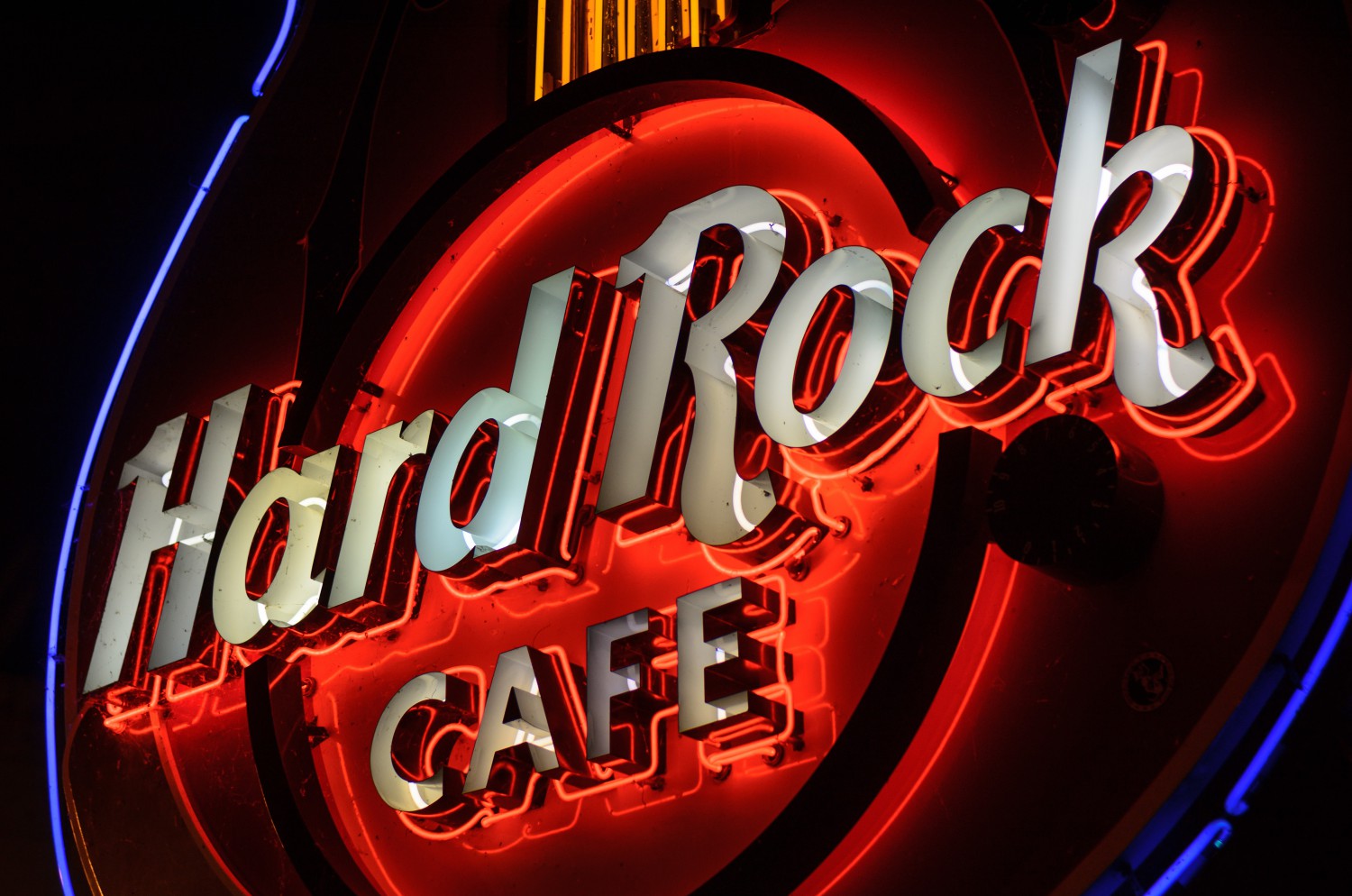Typically, each party must pay its own attorney’s fees in litigation. The exception is when a contract contains a prevailing party clause or a statute provides that the prevailing party is entitled to a reimbursement of reasonable attorney’s fees.
One such statute is the Lanham Act, which permits an award of reasonable attorney’s fees only in “exceptional” trademark-related cases. The difficulty is in figuring out what it takes to label a case as “exceptional.”
In 2014, the U.S. Supreme Court determined, in the case of Octane Fitness v. ICON Health & Fitness, that an “exceptional” case is one that is uncommon, rare or not ordinary. It stands out from others with respect to the strength of a party’s litigating position or the unreasonable manner that the case was litigated. Factors such as frivolousness, motivation, objective unreasonableness and the need to advance considerations of compensation and deterrence are to be reviewed.
That standard was recently tested in the U.S. District Court for the Southern District of Florida in a case captioned, Hard Rock Cafe International USA v. Rockstar Hotels. The defendant wanted reimbursement of fees under the Lanham Act, but the magistrate judge assigned to the matter recommended that it was not an “exceptional” case. It proves just how high the burden can be in these types of cases.
The Southern District of Florida laid out a nice roadmap for litigants to follow. First, it looked at the substantive strength of the plaintiffs’ claims. Then, it focused on the plaintiffs’ overall litigation conduct and motivation for filing suit. Finally, it dove into considerations of compensation and deterrence.
The court made it seem as though it felt uncomfortable awarding fees if the case is “at least colorable.” That is, the case is not entirely frivolous. It also seemed to want to focus on whether a litigant used a “scorched earth” strategy or bullying techniques, which would likely lead to a finding of an “exceptional” case.

